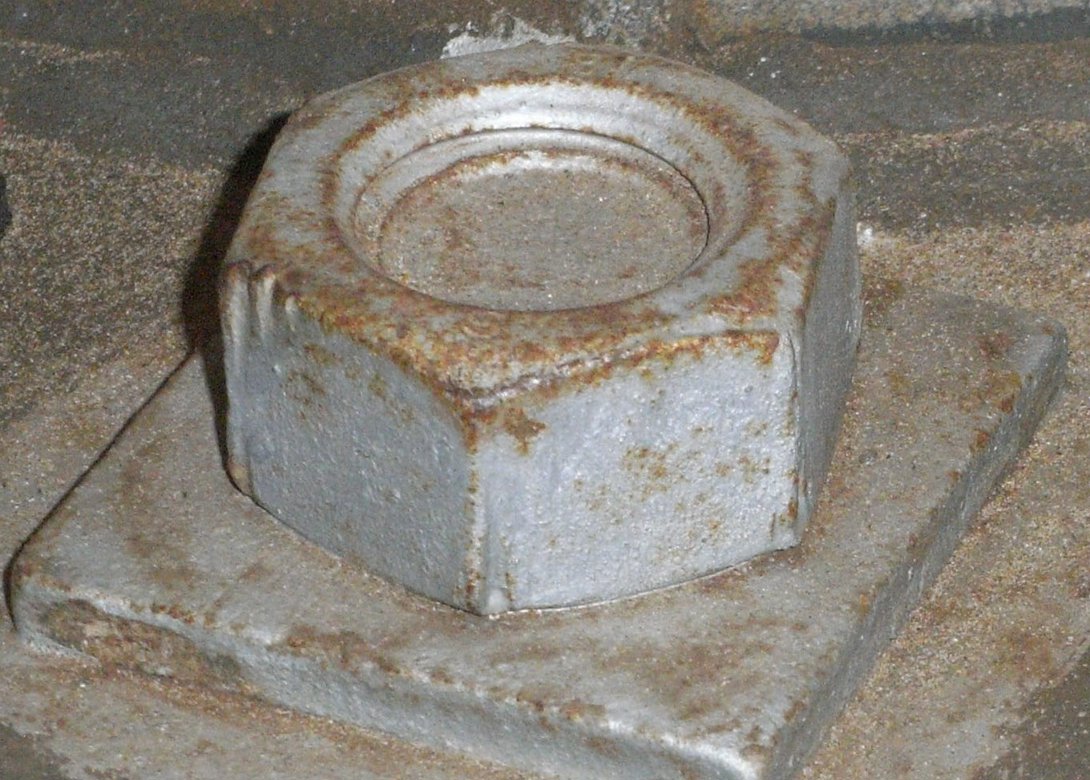
By Dr Bill Eccles, Bolt Science
Short bolting is a term frequently used to describe the situation when a bolt is installed and the thread does not fully protrude through the nut. In order that the full strength of the nut is to be realised, it is vital that the bolt thread protrudes through the nut. Failure to do so runs the risk that thread stripping will occur.
It is common practice to specify that two thread pitches must protrude. Typically, the first few pitches of the thread can only be partially formed because of a chamfer, etc. Nut thickness standards have been drawn up on the basis that the bolt will always sustain tensile fracture before the nut or bolt thread will strip. If the bolt breaks on tightening, it is obvious that a replacement is required. Thread stripping tends to be gradual in nature. If the thread stripping mode can occur, assemblies may enter into service which are partially failed, this may have disastrous consequences. Hence, the potential of thread stripping of both the internal and external threads must be avoided if a reliable design is to be achieved. When specifying nuts and bolts it must always be ensured that the appropriate grade of nut is matched to the bolt grade.
In cases of when a threaded fastener is tapped into a plate or a block it is usually the case that the fastener and block materials will be of different strengths. If the criteria is adopted that the bolt must sustain tensile fracture before the female thread strips, the length of thread engagement required can be excessive and can become unrealistic for low strength plate/block materials. Tolerances and pitch errors between the threads can make the engagement of long threads problematical.
In summary the full height of the nut is to be used if you are to avoid thread stripping - that is - ensure that the thread protrudes through the nut. Also use a standard height nut as this is designed so that the bolt will break before the threads start to strip.





